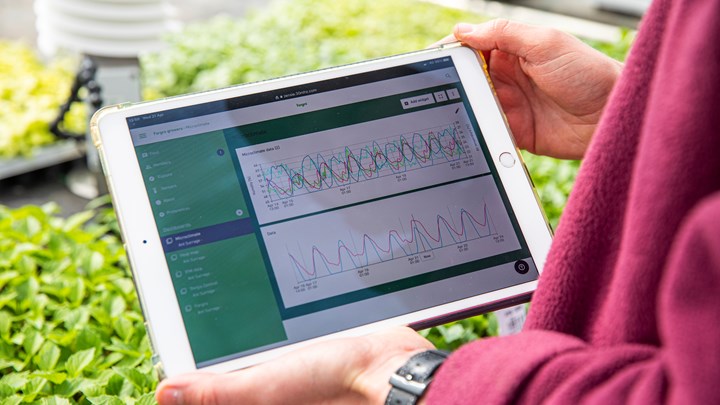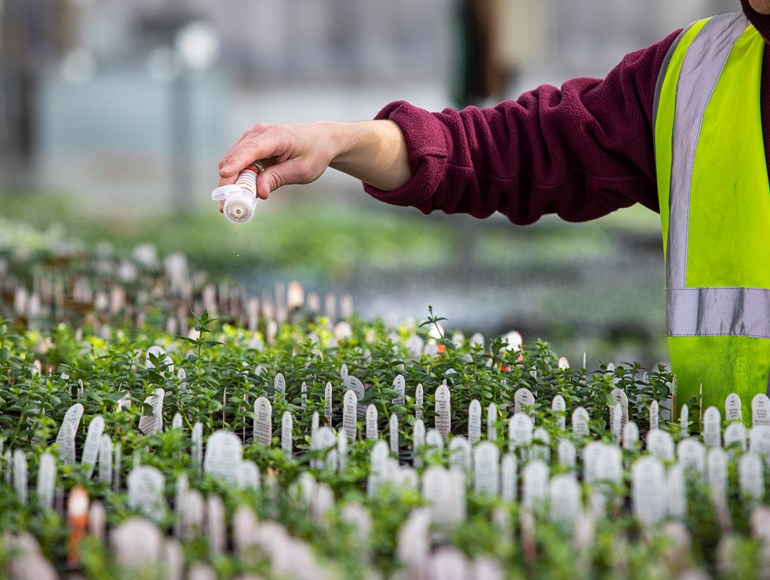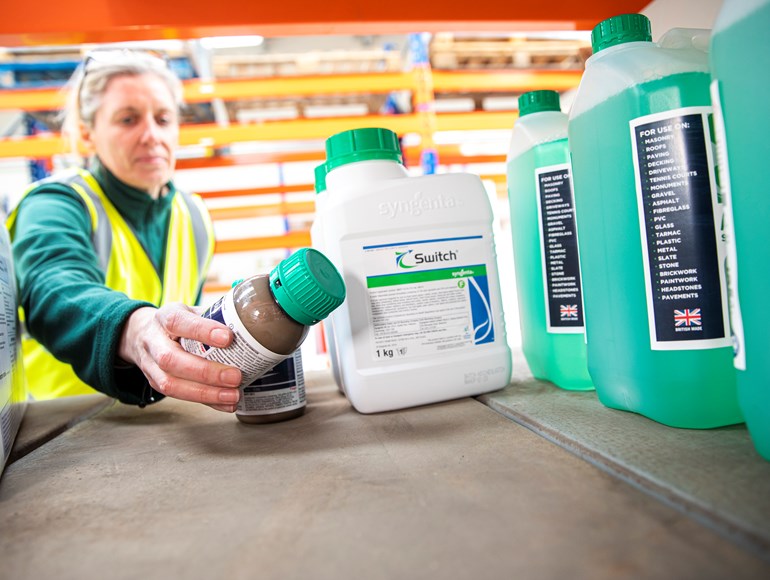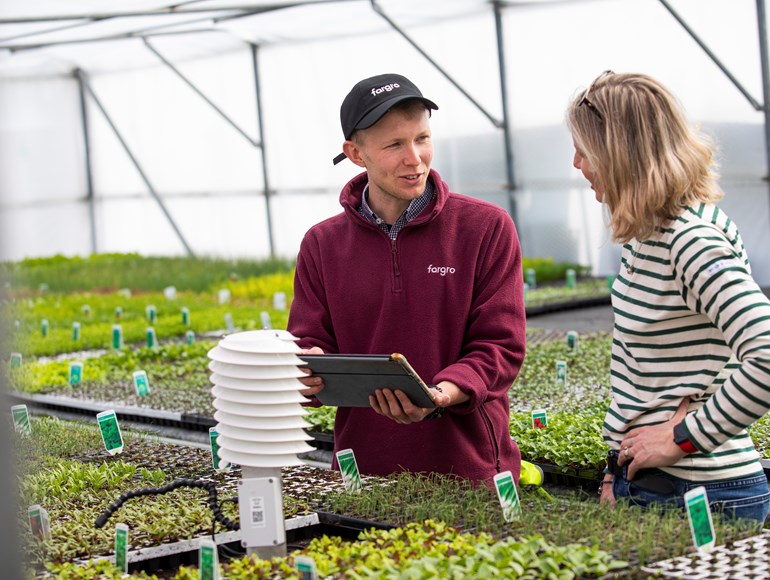What is Integrated Pest Management?
IPM is a systems approach for the effective, economical and sustainable control of pests and diseases. It integrates and relies on the alignment of cultural, physical and mechanical, biological and chemical controls. Fargro offers tailored programs to protect your crop using precision integration of control methods applied with an understanding of pest and disease lifecycles and their interaction with the local environment and growing system.
What is the basic principle of Integrated Pest Management?
IPM is often represented as a pyramid, starting with setting a base with excellent cultural practices to create a firm foundation upon which a programme can be built. Physical and mechanical controls such as trapping, exclusion or environmental manipulation present a greater challenge for pests. The establishment of biologicals, whether macro or micro biologicals, is adapted and cultured into effective methods of control that enable specific targeting of pest and disease using naturally occurring predators, parasites, fungi, and bacteria. The use of chemicals within an effective IPM strategy is at the top of the pyramid to reset pest and disease issue that has got out of hand. Consideration is given to impacts on biologicals and implications to control strategies from potentially long persisting chemical residues that may negatively influence other control inputs.
What are the benefits of Integrated Pest Management?
IPM practices offer a sustainable approach to managing pests and diseases effectively while promoting environmental improvements, reducing risk to operators and consumers, and reducing the risk of resistance all while maintaining healthy crops. It reduces environmental risks associated with chemical inputs for pest management, such as affecting non-target insects. Programmes achieve this by encouraging the adoption of more species-specific environmentally benign control tactics.
IPM offers efficacious control for pest and diseases that have developed resistance against certain chemical groups. Incidences of resistance are very unlikely with the use of biologicals as they often have multiple modes of action and modes of actions that have an inherently low risk of developing resistance. Reducing the use of chemical controls increases their efficacy when they need to be applied as a last resort option in an IPM pyramid. Therefore, the targeted pest species have had less exposure and are less likely to have developed resistance.
Increased awareness of environmental issues and health concerns around pesticides has led to a demand from the consumer for lower chemical residues on food and ornamental crops placing pressure on businesses reliant on chemical inputs for pest control. IPM offers a solution to meet these market demands and legislative and regulatory demands while maintaining control of pests and diseases in an industry with an ever-reducing pool of chemical options for growers to turn to.
Fargro is the leading supplier of IPM products across all horticultural sectors. We understand IPM and are always seeking to offer the best controls to suit grower requirements. We deliver pest and disease control through the application of biological controls, IPM compatible pesticides, and an ever-increasing range of biopesticides.




